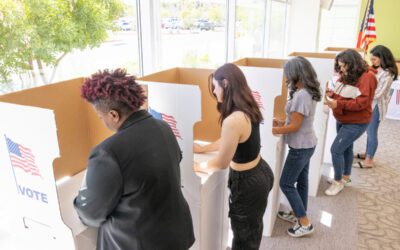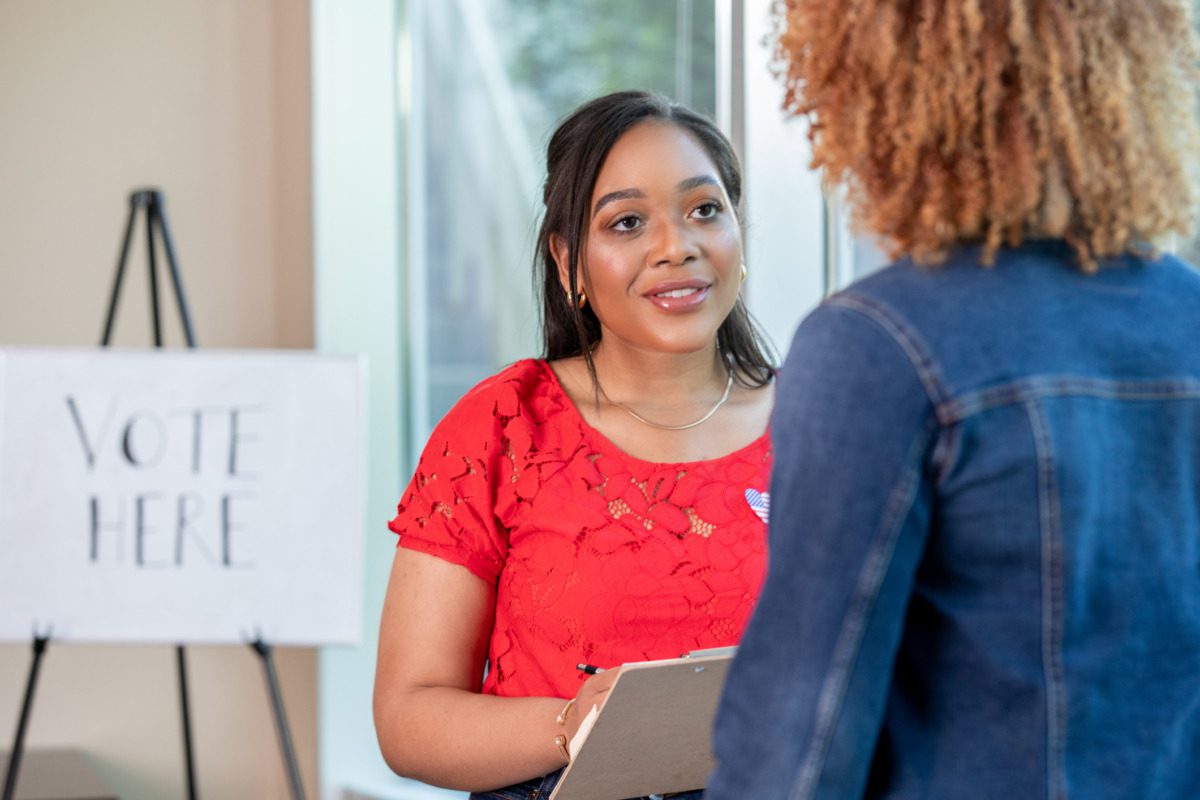
Relentless is actively recruiting 35,000 low-turnout voters in key swing states. The goal is to pay each of these “mobilizers” $400 to speak with at least 60 people in their real lives so that they can ultimately reach 2.1 million voters across the participating states. (Photo via Getty Images)
Relentless is actively recruiting 35,000 low-turnout voters in key swing states, including Michigan. The goal is to pay each of these “mobilizers” up to $400 to talk to at least 60 people in their real lives so that they can ultimately reach 2.1 million voters across the participating states.
One progressive group is running a program this year that’ll pay people as much as $400 to have conversations with their family and friends about the importance of voting for Kamala Harris and Democrats generally this election cycle.
Relentless is focused on relational organizing – or individuals mobilizing their personal contacts to get out the vote. According to the group, relational organizers, often referred to as “mobilizers,” “tap into the power that is uniquely theirs” through this program – “their relationships with friends, family, and people they know who care about the same things they care about.”
According to Relentless Founder Greta Carnes, the group has been recruiting 35,000 low-turnout voters in Arizona, North Carolina, Georgia, Michigan, and Pennsylvania.
The goal, according to the group, is for each of these mobilizers to speak with at least 60 people in their real lives so that they can ultimately reach 2.1 million voters across the participating states; the group is seeking specifically to work with individuals who haven’t always voted – they want to find people who are inspired to take action this election cycle, and give them the tools they need to have these conversations within their communities.
In exchange, mobilizers can earn up to $400 — up to $200 for talking to friends and family and up to another $200 for referring others to the program. If you live in Michigan and are interested in signing up for the program, you can do so here.
All mobilizers have to do to get started is access partner technology firm Rally in their web browsers. There, they’ll be able to access a national voter file that’s accessible to everyone in order to determine who to speak with and encourage to vote.
“These programs are really effective at mobilizing people to vote, sharing the very personal stakes in this election, and countering misinformation and disinformation that voters may be hearing,” Carnes said in a statement.
The thinking behind relational organizing is that voters are more likely to respond to appeals from people in their community than typical political advertising or canvassing.
The largest relational organizing study to date found that a text message from a friend increased a person’s likelihood to vote by 8.3 percentage points during the 2018 midterms.
Relational organizing also appeared to help propel key Democratic wins in 2021 and 2022.
After Jon Ossoff’s 2020 race for US Senate went to a Jan. 2021 runoff election, his campaign employed relational organizing. They built a network of more than 160,000 Georgia voters in less than a month, and an analysis conducted by the Analyst Institute found that it improved voter turnout by an estimated 3.8 percentage points and had a disproportionate impact on turnout for young voters. The analysis also found that had the relational network consisted of all young, low-turnout voters, it would have improved voter turnout by an estimated 12.1 percentage points.
Relentless also paid 1,455 Georgians to contact more than 58,000 potential voters in Georgia ahead of the Dec. 2022 runoff election between Democratic Sen. Raphael Warnock and Republican Hershel Walker, which Warnock won.
Besides getting out the vote, Relentless is focused on supporting voters in any way they can this election cycle.
Carnes said in a statement that Relentless organizers are here to help voters “talk to their friends and family about the candidates and the issues,” as well as “support them as they make vote plans for the people in their lives to ensure their votes are counted.”
“We’ll be engaging people in this work all the way through Election Day,” she said.
If you live in Michigan and are interested in signing up for the program or learning more, you can do so here.
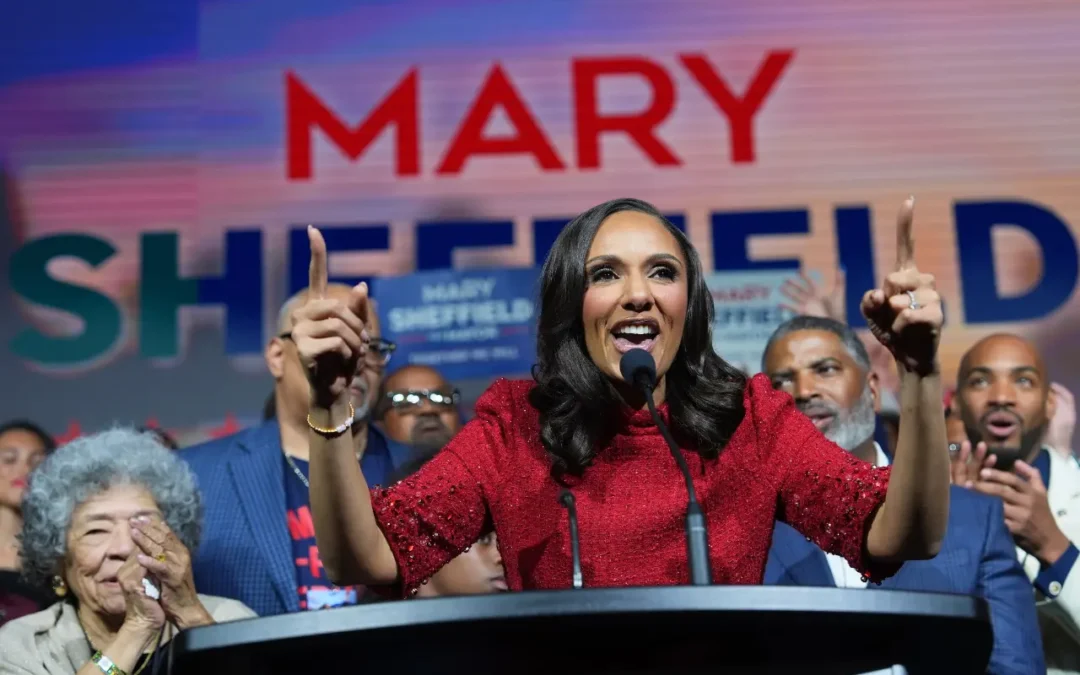
City Council President Mary Sheffield wins election to become Detroit’s first female mayor
DETROIT—City Council President Mary Sheffield will be Detroit's newest mayor and the first woman to lead the city. Sheffield defeated popular...
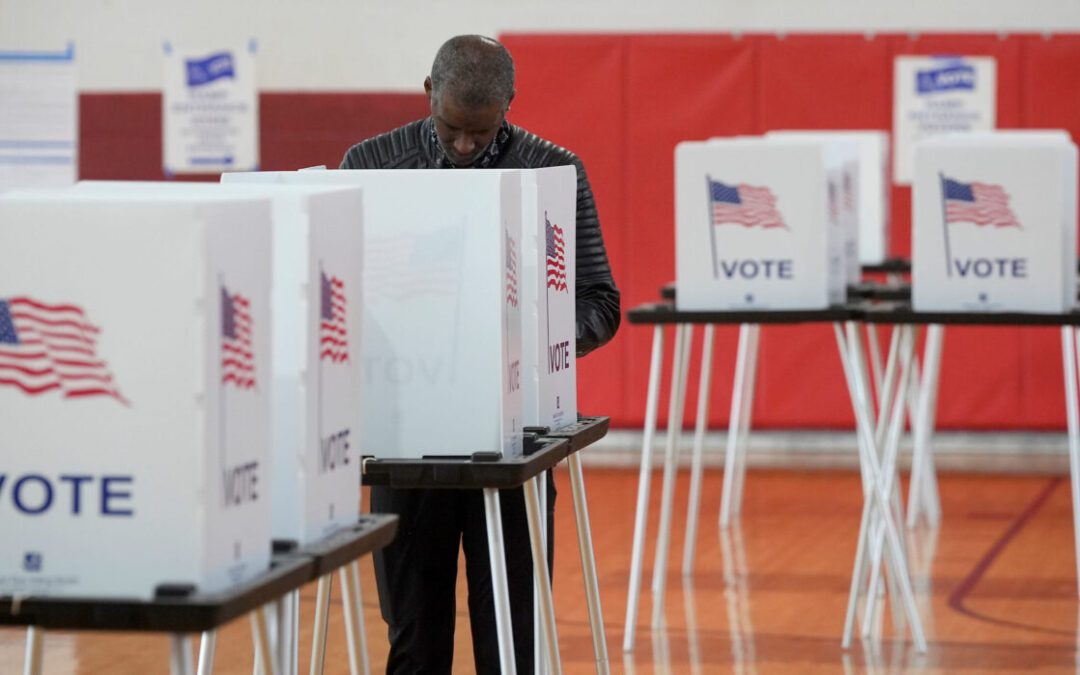
When is Election Day 2025? What to know, how to find your polling place, who’s on ballot
On Tuesday, Nov. 4, 2025, Detroiters will select a new mayor, fill two open seats on the Detroit City Council, decide whether to re-elect or replace...
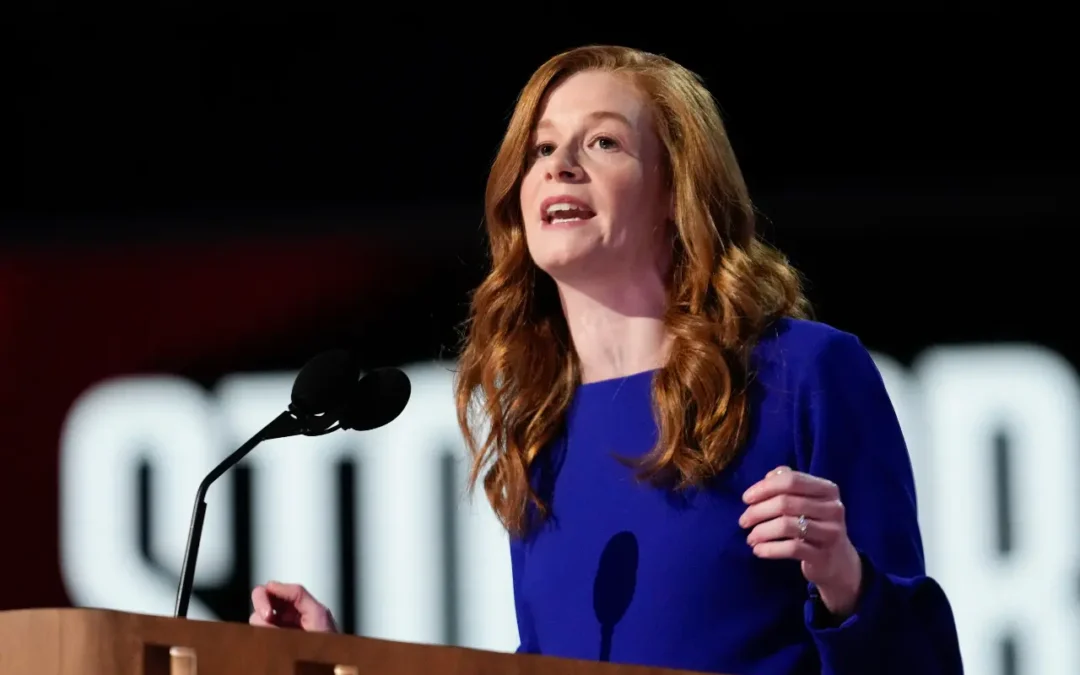
McMorrow clarifies stance on Gaza, joins Michigan Dems calling situation a genocide
BY BEN SOLIS, MICHIGAN ADVANCE MICHIGAN—Yet another Michigan Democratic candidate seeking statewide office has called the situation in Gaza and the...

Mary Sheffield to face Solomon Kinloch in November election for Detroit mayor
DETROIT—The race for Detroit's next mayor is set to pit a longtime City Council member against a popular pastor, after council President Mary...
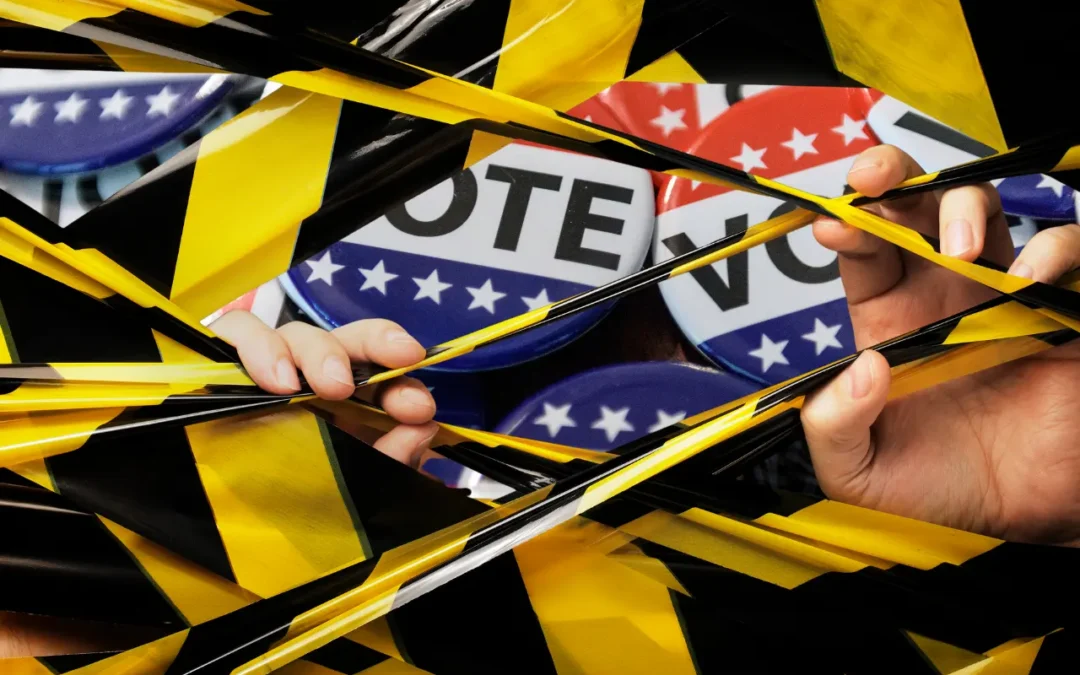
Decline to sign: Michigan voting rights groups sound alarm on petition drive ‘trap’
With signature gatherers hitting sidewalks across Michigan, groups are sounding the alarm on petitions they say would disenfranchise voters under...





